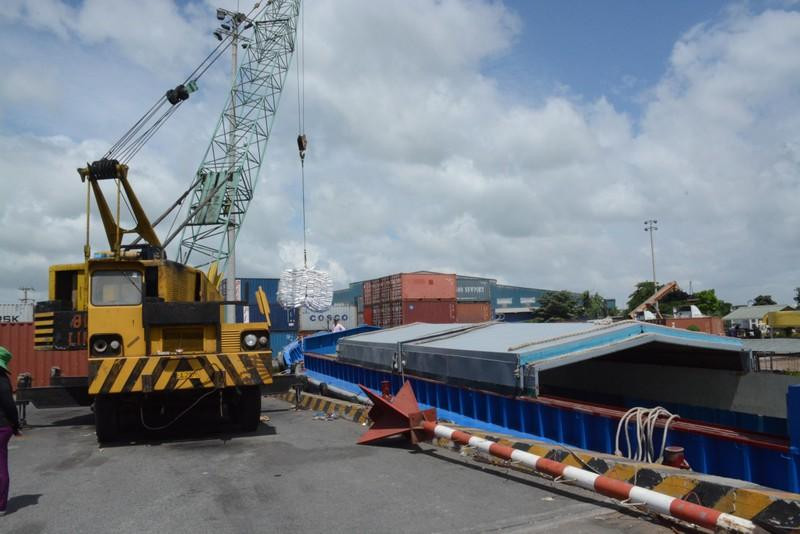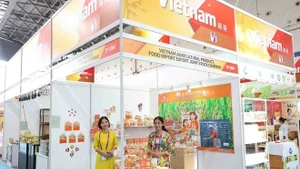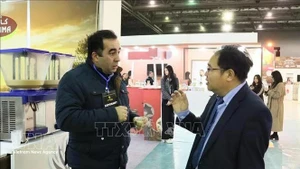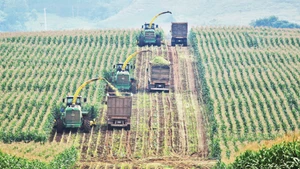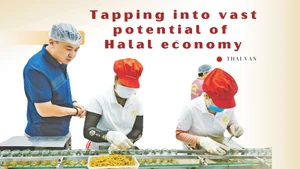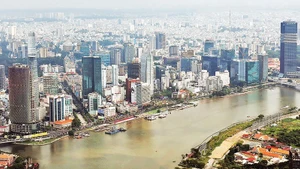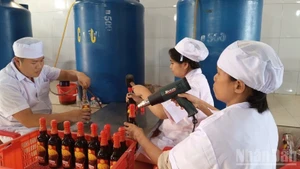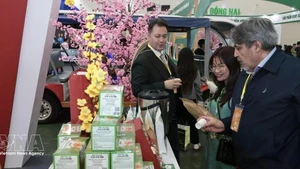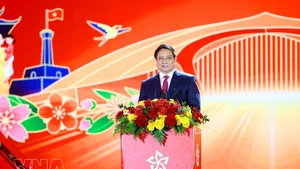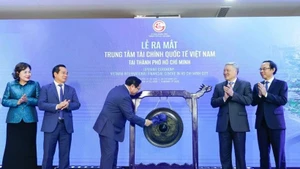Vietnam has moved from passive to active integration, from negotiating market access to designing the rules of the game, and from the traditional integration to the new generation integration.
To date, with 15 effective FTAs and 2 FTAs in the process of negotiation, Vietnam has become the most active country in international trade cooperation, affirming the policy and strategy of the Party and State. Specifically, international economic integration is one of the focuses of the national construction and development, especially amid rapid, complicated and unpredictable changes in the world and regional situation.
It can be said that the successful negotiation and participation in new generation FTAs has demonstrated Vietnam's capacity for international economic integration. This has been opening many opportunities but also poses challenges for industries and businesses, requiring compliance with the rules of the game in accordance with high standard to take advantage of opportunities and limit commercial disputes. This is just a good launch pad for economic development and the "sweet fruits" from these opportunities is still waiting for businesses with enough capacity and initiative to actively and deeply participate in the "playground" of international economy.
However, according to the survey results of the Ministry of Industry and Trade, the average rate of taking advantage of opportunities from FTAs of Vietnamese enterprises during the 2015-2021 period reached only 32.7% and the figure regarding the CPTPP agreement in particular was only 6%.
The causes for this situation were mainly the passivity of Vietnamese enterprises in the perception of opportunities and threats from international economic integration, limited competitiveness, the lack of active participation in policy formulation, and the phenomenon of fraud from a part of businesses. On the other hand, many businesses have still faced difficulties in preparing the necessary conditions to meet the requirements of international economic integration in general, especially the integration under the FTAs.
Therefore, to improve the efficiency of international economic integration and make good use of the opportunities brought by the FTAs, Vietnamese businesses should promote their initiative in integration, creative capacity and flexibility while building a unique identity of Vietnamese entrepreneurs. In addition to developing businesses owned by themselves, the enterprises must strengthen their cooperation and connection to create synergy towards elevating the position of Vietnamese businesses in the international arena.
The State should make measures and policies to support businesses and entrepreneurs during their integration into the international economy. The authorities also need to continue perfecting institutions, improving business environment, and reforming administrative procedures through general supporting programmes for domestic enterprises in information and trade promotion. The focal points should be established for consultation and official explanation of international commitments.
As promulgated policies open opportunities for cooperation, businesses also need to urgently take the initiative to harmonise with the process of international economic integration, thereby promoting efficiency in production and business, contributing to maintaining the country's macroeconomic stability, ensuring major balances, controlling inflation, and creating a driving force for the country's economic development.
